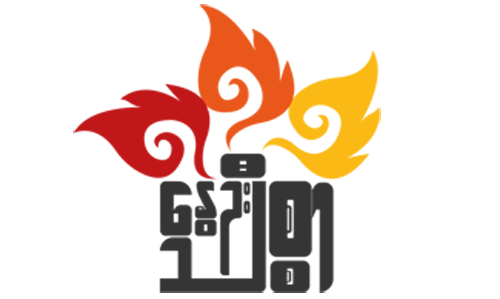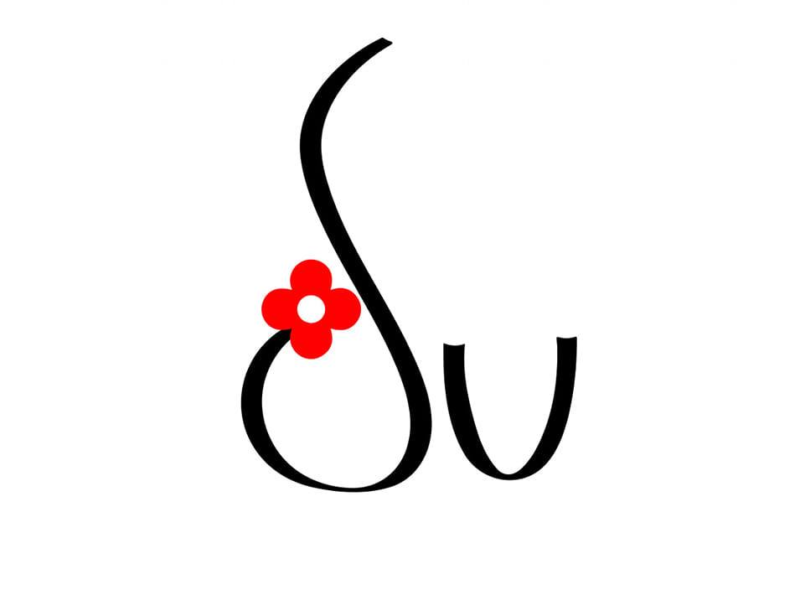MoeMaKa, January 31 2023
Myanmar war refugees are continuously arrested along the Manipur State border with India; ABFSU’s view on policy regarding non-CDMs.

The government of Manipur State has issued an order to arrest people who fled and sought refuge from the war in Myanmar in the town of Moreh, which is on the border between Myanmar and India. It appears in the news that more than 130 people have been arrested because of the continuous arrests these days. Tamu Town is a place where the PDF movement is strong and there are frequent clashes, raids, and attacks on military council outposts, offices, and other places. There is also a possibility that the Indian side may arrest and imprison those who have fled to the nearby Indian Territory of Moreh due to the war between the PDF and the military council and send them back to Myanmar.
In India, there are different policies from state to state. Mizoram, which borders Chin State, has accepted refugees and is providing some assistance. The fact that there are close similarities between the Chin ethnic people of Chin State and the ethnic groups of Mizoram State, such as language and culture, is probably one of the reasons why Mizoram State helped those fleeing from Chin State. The Manipur State, which borders Tamu, has a different policy from the state of Mizoram. The central government of India seems to be communicating with the Myanmar military council on security matters, and India is one of the powerful neighboring countries that interacts with the Myanmar military council. In each state, the state governments have a certain degree of discretionary power to make decisions and policies.
There are already rebel groups that have been fighting the Indian government in Manipur State, so there may be concerns that weapons are being transported to Sagaing, where the war is raging, through Tamu and Kalay, which are connected to Sagaing on the Myanmar side.
Currently, the war refugees from the Tamu region, who fled the war due to the military council’s raids, are being arrested by the other country and sent to prison. In the past, Tamu was known as a hub on the India-Myanmar border trade route, but after the military coup, it became more known as a township where anti-military council forces were strong.
Recently, the All Burma Federation of Student Unions (ABFSU) issued a critical statement on the CDM policy document recently released by the National Unity Consultative Council, abbreviated as NUCC. In the NUCC’s CDM policy, the policy or attitude document that states that action will be taken against the non-CDMs, ABFSU said that the non-CDMs are not the groups to depend on in the revolution, nor are they the groups to be fought against, and criticized the NUCC document for the attitude that it should be done in an organized manner.
The CDM policy document has a sense of revenge and personal sentiment writhing rather than policy with comparisons between CDM and non-CDM practitioners and it is more like a guideline that will be implemented and retaliated against.
After choosing the armed path, believing that neither being loyal or not, nor working or not by the civil servants under the ruling junta, is a matter of decisive factor for winning or losing, and that only armed means can decide victory or defeat, ABSFU means that they should not attack non-CDM targets.


